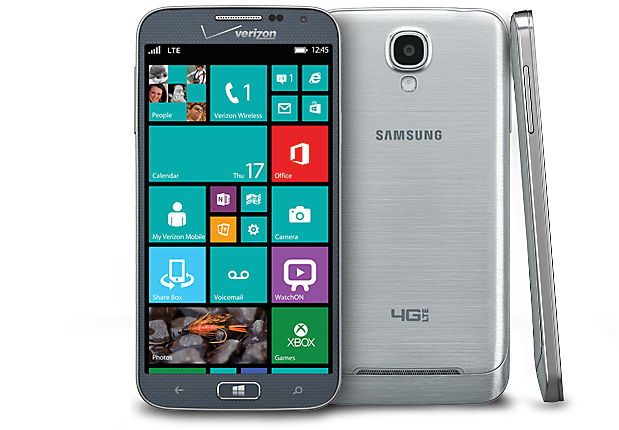
Here's a Samsung Galaxy S4 look-alike running Windows Phone 8
Just like the ATIV S which came before it, the Samsung ATIV SE is a rehash of the South Korean maker's previous Android flagship, the Galaxy S4 in this case, running Windows Phone 8. Even though Windows Phone 8.1 was just announced, the company is sticking to the release dating back to 2012.
The ATIV SE, which is only available at Verizon at this stage, is likely to be Samsung's Windows Phone flagship for quite some time, if the ATIV S is of any indication (it was released nearly 18 months ago). Luckily, the hardware does not disappoint.

The most popular stories on BetaNews this past week March 23 -- 29
Microsoft has flirted with Apple's iPad on a couple of occasions this week. Early on in the week there was the case of a 12-year-old girl who wanted nothing more than an iPad Mini. Microsoft stepped in and managed to convince her that the Surface 2 was the way ahead. Way to spin! But this was not the big Microsoft-iPad news. In a move that many saw as almost sacrilegious -- but one that was welcomed by just about the same number -- Microsoft Office, finally, made its way onto iPad. This wasn't the only release from Microsoft this week -- the source code for early versions of MS-DOS and Word for Windows was made publicly available. Having faced criticism for the way it approached a recent investigation, Microsoft pledged that it would no longer read customer emails during the course of an investigation without getting law enforcement involved.
Windows XP may be in its death throes, but this isn't going to stop people from using it. To help keep these hardy fellows safe, Malwarebytes announced that it would keep its users protected for life. It's not just XP that Microsoft is lowering into the grave, Office 2003 also finds itself six feet under. As the door on XP closes, another one opens -- or closes, depending on how you look at it. The purchase of Nokia's Devices and Services division is due to close in April after initially facing some delays.

South Korean mobile operators jump the gun on Samsung Galaxy S5 launch
Mobile operators in Samsung's home country of South Korea have decided to give themselves a head start on the Galaxy S5 launch, by making the smartphone available starting March 27. Its official worldwide launch is slated for next month, on April 11.
SK Telecom, KT and LG UPlus are the local mobile operators in question, with SK Telecom being the largest one in South Korea. Two weeks ahead of the official launch, the smartphone is on sale for ₩866,800 (roughly $809 or €587).
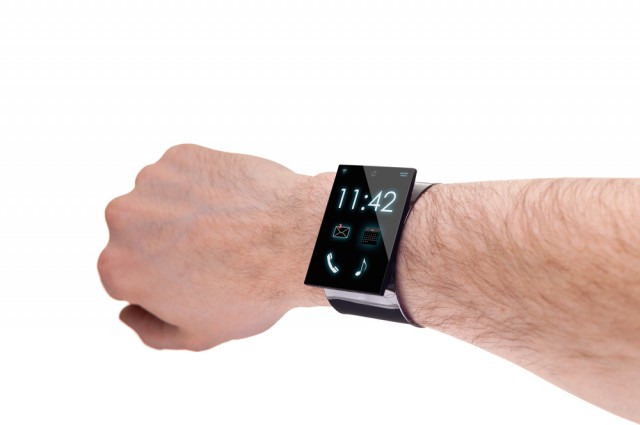
Smartwatches -- the harsh truth is that no one cares
OK, maybe that's a slight exaggeration. But wearable devices are really struggling to get off the ground, at least in the UK. All of the excitement that surrounds smartwatches that can be used to read email, VPN into a home computer, check vital stats, set off The Bomb, or tell the time (imagine!) -- maybe a couple of these are a little far-fetched -- seems to be little more than manufacturers' fluff and guff. The wheels of the marketing machine have been whirring away furiously, but it has had very little effect. With a population of approaching 65 million people, only a very tiny proportion of the nation has seen the need to invest in a smartwatch -- below 1 percent in fact.
Figures from Kantar World Panel show that a lowly 0.9 percent of UK consumers have put their hard-earned money towards a smartwatch. Other statistics to come from the research are of little surprise. Almost three quarters (72 percent) of smartwatch owners are male, and 56 percent are aged under 35. There are a small number of names associated with smartwatches, and the spread is fairly evenly distributed. At the top of the heap is Samsung with a 32 percent share, followed by Sony with 21 percent and Pebble with 18 percent. There is obviously a leader, but with the numbers being so low, percentages are very easily swayed.

Information stored in glass houses won’t be protected by Samsung locks
Samsung is a powerhouse. Driven by an endless list of new technology and features, it has consistently dominated the consumer electronics market. Where once it was no more than a footnote in the mobile industry, Samsung is now the number one player (by volume) for smartphones. Particularly impressive about Samsung’s success in the mobile device market is the fact that it has built its business on Google’s Android software. The company’s real strength remains its ability to create compelling consumer hardware, but, as we know, consumer mobile devices are increasingly finding their way into the enterprise, which is a critical market for Samsung.
Not quite a year ago, in its first real attempt at being considered an enterprise-level mobile solution, Samsung announced "Samsung KNOX, an end-to-end secure Android solution that provides security hardening from the hardware through to the application layer".
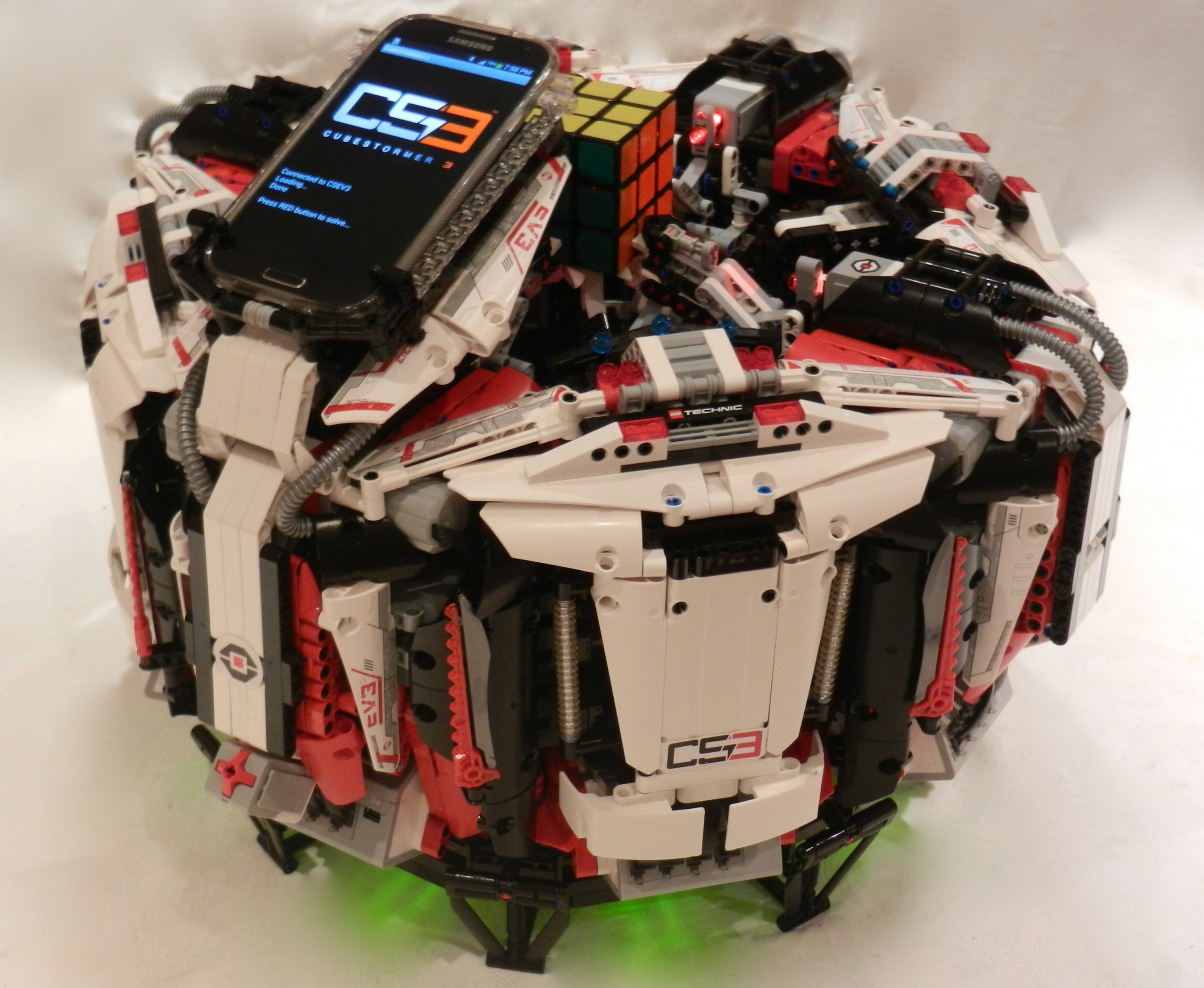
ARM-based robot will try to break Rubik's Cube Guinness World Record with Galaxy S4
Games do not have to be mindless. You can learn and develop skills, while having fun and playing too. Some good examples are Simon and Rubik's Cube. The latter is quite hard -- you must make each side of a cube a solid color, by rotating parts of the toy. Trust me, it is harder than it sounds.
Believe it or not, there is a way to make the Rubik's Cube even better -- robots. Yes, they can be designed to solve a Rubik's Cube faster than any human. Today, ARM announces that it has built one with components that include Lego bricks and a Galaxy S4, with the intention of breaking the Rubik's Cube speed record.
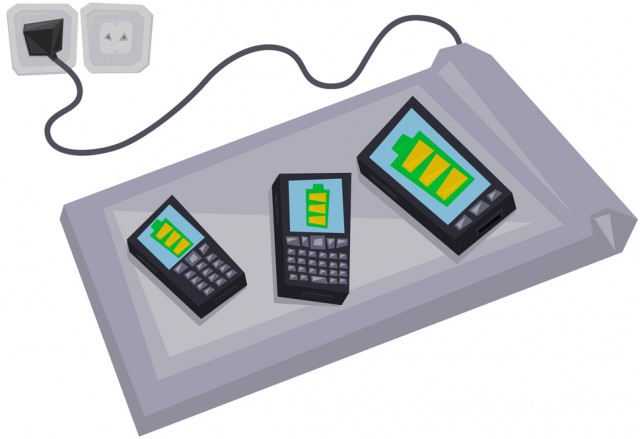
Microsoft, Samsung 'take a leading role' backing Qi wireless charging
Qi is one of the most popular wireless charging standards, used by many companies in devices like chargers, speakers, smartphones and tablets. It adds convenience to such products, giving users the option to top up the battery on their handsets without plugging cables into them. I personally use a Qi wireless charger, made by Nokia, with my Lumia 920 and Google Nexus 7.
One of the hurdles Qi has to overcome to become more popular and attractive to consumers is mass-market support from key players, like smartphone vendors and mobile operators, which can dictate which standard they embrace. Qi appears to be on the right track, as it just added Microsoft and Samsung to its growing list of supporters.
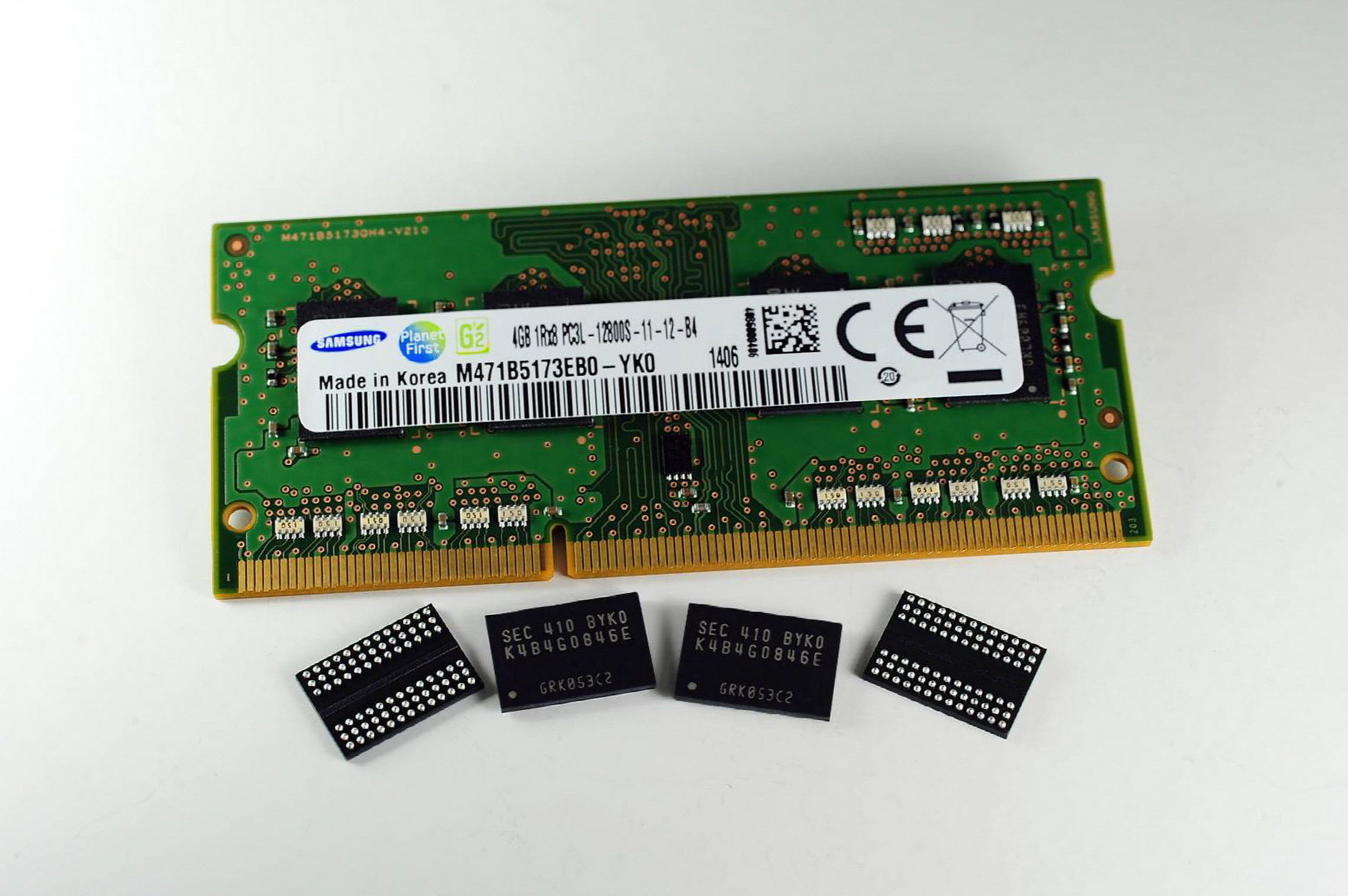
Samsung mass-producing 20 nanometer 4Gb DDR3 memory for mobile devices and PCs
When it comes to computers, there are two routes to take -- buy a pre-built model from a manufacturer like Dell or build your own. While you can save money by going the pre-built route, you don't get to pick the specific components. Sure, you can pick the size of the drives or the amount of memory, but the brands and quality can be a question mark.
One of the most important components of any system build, is the RAM. It can be tempting to buy a cheap generic brand, but that is never a good idea. After all, system stability can take a major hit from cheap memory. Some of the best memory uses Samsung modules. Today, that company announces it has achieved mass-production of 20nm 4Gb DDR3 memory modules. This means improvements to smartphones, tablets and PCs.

The most popular stories on BetaNews this past week March 2 -- 8
It's been a busy week for Microsoft -- and not necessarily for the reasons the company might have expected. For anyone unwilling to wait until April to receive Windows 8.1 Update, a few methods emerged that made it possible to grab a copy of the eagerly awaited update ahead of the official launch. While some of these options appear to have been stopped in their tracks, where there's a will there's a way, and numerous users -- my good self included -- jumped on the downloads as soon as possible. Some were impressed while others -- yep, me again! -- were not. Perhaps it is little wonder that Windows XP usage continues to grow faster than that of Windows 8.x. This lead to analysts suggesting that the decline of the PC will be slowed rather than avoided by the continued popularity of XP.
Windows 8.1 Update wasn't that only Microsoft download that was on the agenda this week. Brian had details of how Windows RT users can update their copies of Office 2013 to SP1. At the top of Microsoft, a quick reshuffle saw a change of faces in a number of key positions as well as the departure of some well-known characters. Skype rolled out to Outlook.com around the world and gained HD video calling as well. It is normally Microsoft that is to be found on the giving-end of a smeary advertising campaign (hello, Scroogled), but after the Oscars it was Nokia poking fun at Ellen DeGeneres' blurry selfie that was taken on a Samsung device.

Samsung wants to Milk Galaxy owners with lactose-monikered music service
When the iPod was first released, many thought it spelled the end of radio. After all, with an iPod, the listener can select the song of their choice from a library of thousands. Who would want someone else picking the music that they listen to? Quite a bit actually. You see, sometimes you just want to relax and listen to music without thinking -- radio can do that. Not to mention, it can introduce you to music that you were not aware of.
However, radio has expanded beyond AM and FM. While satellite radio is a natural progression, internet radio is the true future. Services like Pandora, iTunes Radio and Google Play Music can offer a wonderful experience wherever an internet connection is available. Today however, Samsung announces a new music service, called "Milk", which is exclusive to Galaxy device owners.

Time for honesty -- Samsung seems to have stopped fiddling with benchmark figures
Benchmarks are important. With so much choice in the world of computers, smartphones and tablets, a key factor for potential buyers to bear in mind is raw performance. A few months back benchmarking stalwarts Futuremark took the unusual step of delisting a number of handsets produced by HTC and Samsung after tests appeared to show that the phone artificially boosted performance when they detected benchmarking software was running. Now it looks as though this apparent cheating has come to an end.
Back in October, results published on Anantech showed how a number of popular phones seemed to be cheating the system, giving consumers a false representation of real-world handset performance. Now, according to new tests carried out by Ars Technica it would appear that handsets are behaving in a far more reasonable fashion after being updated to KitKat.
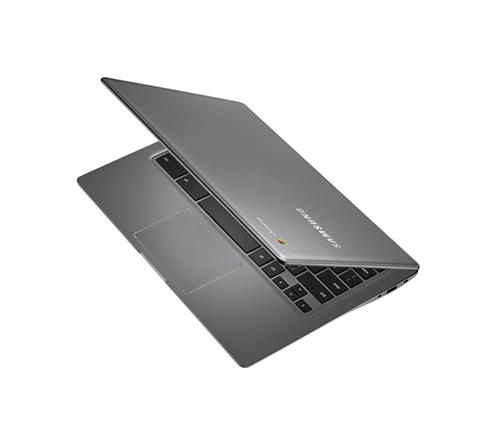
Samsung unveils ARM-based Chromebook 2 -- designed for home and school
My first-ever Chromebook was a Samsung. The 11.6-inch laptop was inexpensive and revolutionary. Heck, it looked like a plasticy Macbook Air -- very sexy. However, all that glitters is not gold. While my relationship with the laptop started strong, the dual-core ARM processor and paltry 2GB of ram proved underpowered. Pages would load slowly, and the lag could be extremely frustrating.
While many people think of Chrome OS as being just a web browser, remember, it is actually a Linux distribution running a web browser. The more RAM the better, with 4GB being the bare minimum for an enjoyable experience. Today, Samsung announces two new ARM-based Chromebooks to serve as a follow-up to the original. Not only is the RAM increased, but the CPU is supercharged too.

Nokia subtly mocks Samsung for blurry Oscars selfie
Samsung's Galaxy Note 3 was the tech star of this year's Academy Awards, as the phablet was used by both Bradley Cooper and Ellen DeGeneres to snap two of the most popular pics at the event. Ironically, both photos are blurry (and, might I add, appear to be part of heavily staged acts).
Quick to take advantage of the free publicity, arch rival Nokia has subtly taken a stab at Samsung for the terrible quality of one of the photos, namely DeGeneres' selfie on the stage.

Tablet vendors should focus more on hybrids
The tablet market is showing strong, continuous growth year-over-year. Research firm Gartner today announces that slate sales in 2013 increased by 68 percent compared to the year before. Android takes the market share crown after more than doubling its sales, iOS came second and Windows follows in third place.
Of the three, iOS was the only platform that did not post tremendous year-over-year growth. Android increased its sales, and lead over Apple's iPads, to 120.96 million units in 2013, up from the 53.34 million units sold in 2012. Meanwhile, Windows grew to 4 million units, which is, again, considerably higher than in the previous year when sales topped 1.16 million units. In contrast, iPad sales came in at 70.4 million units, marginally more than the 61.45 million units sold in the year before.
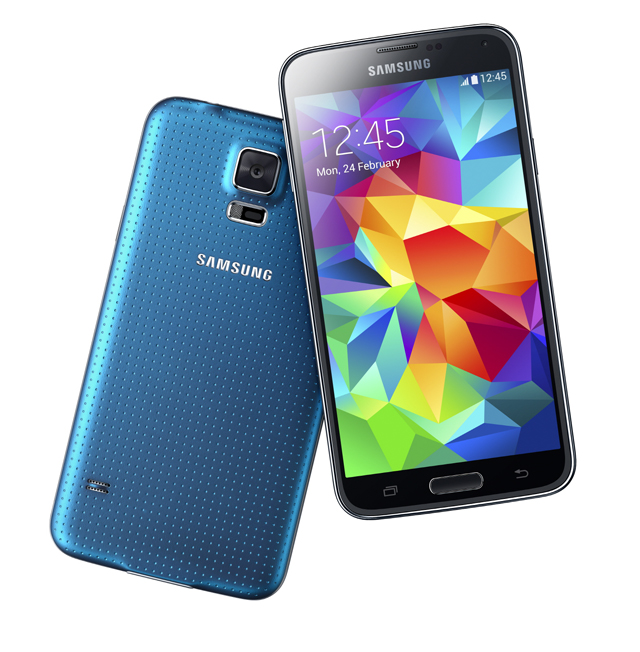
Samsung Galaxy S5 off to a good start, T-Mobile reveals record pre-registrations
The Galaxy S5 is Samsung's latest Android flagship, launching in April in 150 countries across the globe. Even though we are more than a month away from the official release, some mobile operators are already giving prospective buyers the option to register their interest in the new smartphone.
US mobile operator T-Mobile is among them. Its landing page for the Galaxy S5 gives folks the possibility to be among the first to find out "all the amazing details" on Samsung's new device, and, each day, the chance to win a Galaxy S5 with the S-View Flip Cover. The prize definitely adds to the appeal of filling those boxes, with T-Mobile announcing record pre-registrations.
